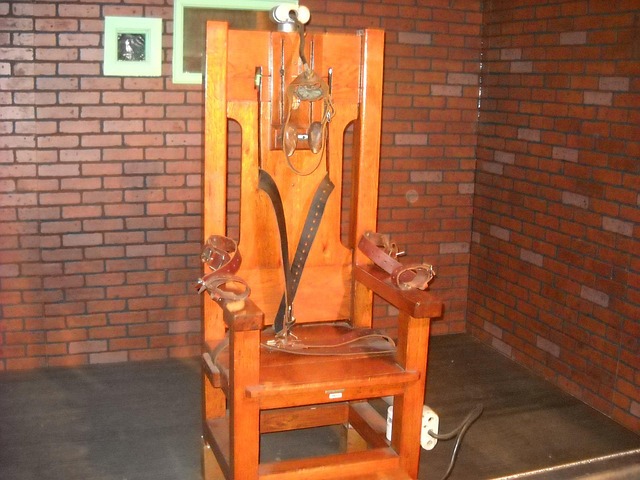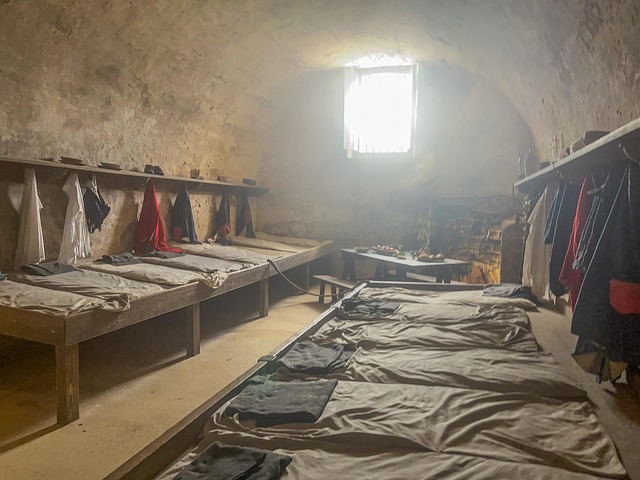
Counter-terrorism Confinement Center (cecot)
Introduction
The Counter-terrorism Confinement Center, commonly referred to as CECOT, is a significant facility in El Salvador designed to address the country's ongoing issues with gang violence. Established amid a national crackdown on gang activity, CECOT represents a bold step by the Salvadoran government to combat organized crime and enhance public safety.
Background
El Salvador has faced severe challenges due to gang-related violence, which has plagued the nation for decades. In response to escalating crime rates, President Nayib Bukele initiated a comprehensive crackdown on gangs in March 2022. This led to the arrest of approximately 55,000 suspected gang members within just seven months.
Construction and Capacity
To accommodate the growing number of detainees, the government announced the construction of CECOT, which opened its doors in January 2023. The facility spans 23 hectares (57 acres) and is designed to hold up to 40,000 inmates. Surrounding the prison is an additional 140 hectares (350 acres) of land managed by the Salvadoran government.
Facility Features
CECOT is specifically designed to handle individuals accused of terrorism-related offenses, reflecting the government's focus on combating organized crime. The facility aims to provide a secure environment for both inmates and staff, with stringent security measures in place. The design and operation of CECOT have drawn attention from other countries, including Costa Rica, which has expressed interest in adopting best practices observed at the center.
Impact on Society
The establishment of CECOT has sparked a range of reactions among the Salvadoran populace and international observers. Proponents argue that the facility is a necessary step towards restoring order and safety in a country long plagued by violence. They believe that by detaining a significant number of suspected gang members, the government is sending a strong message against criminal activity.
Conversely, critics raise concerns about the potential for human rights violations and the treatment of inmates within the facility. The rapid pace of arrests and the sheer number of individuals detained have led to questions about due process and the overall effectiveness of such a mass incarceration strategy.
International Perspectives
In April 2025, Costa Rican Minister of Justice and Peace Gerald Campos Valverde visited CECOT, indicating a willingness to learn from El Salvador's approach to gang violence. His remarks suggested that Costa Rica aims to incorporate successful strategies from CECOT into its own legal system, highlighting the international interest in the facility's operations.
Conclusion
The Counter-terrorism Confinement Center stands as a pivotal element in El Salvador's fight against gang violence. While it aims to provide a solution to a pressing issue, the implications of such a facility extend beyond its walls. As the situation evolves, the effectiveness of CECOT in achieving its goals will continue to be scrutinized, both domestically and internationally.

















 Atf Regulations on Ghost Guns
Atf Regulations on Ghost Guns 
 Health
Health  Fitness
Fitness  Lifestyle
Lifestyle  Tech
Tech  Travel
Travel  Food
Food  Education
Education  Parenting
Parenting  Career & Work
Career & Work  Hobbies
Hobbies  Wellness
Wellness  Beauty
Beauty  Cars
Cars  Art
Art  Science
Science  Culture
Culture  Books
Books  Music
Music  Movies
Movies  Gaming
Gaming  Sports
Sports  Nature
Nature  Home & Garden
Home & Garden  Business & Finance
Business & Finance  Relationships
Relationships  Pets
Pets  Shopping
Shopping  Mindset & Inspiration
Mindset & Inspiration  Environment
Environment  Gadgets
Gadgets  Politics
Politics 